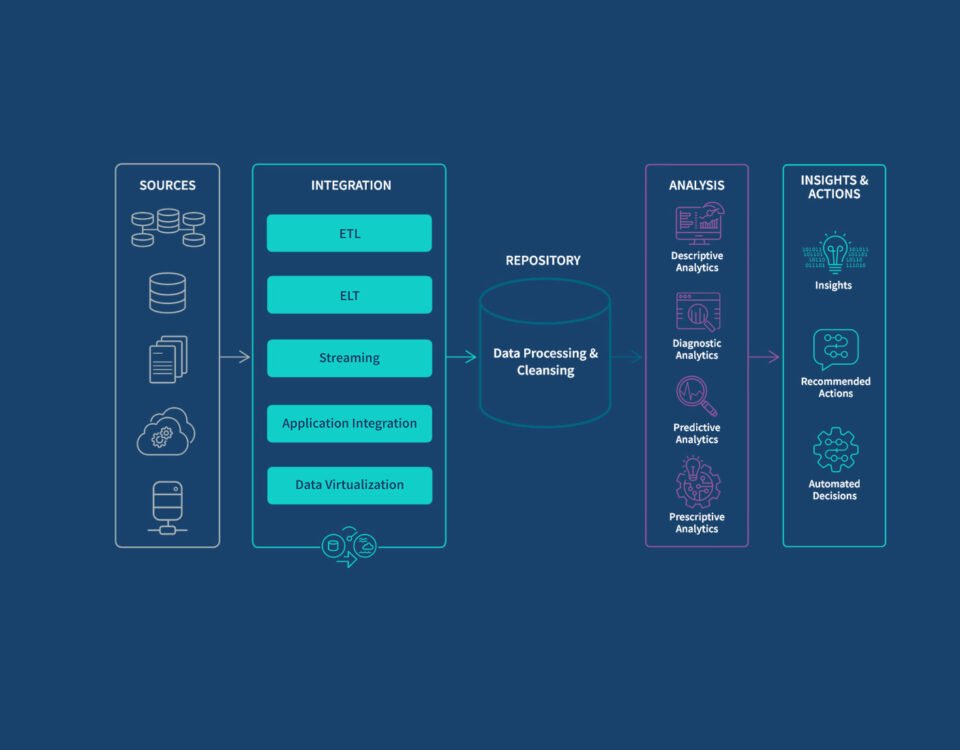During the recent Reuters Momentum AI conference in Silicon Valley, two phrases emerged as key themes among Fortune 500 executives: “human in the loop” and “flat is the new up.” These reflect a strategy where companies are leveraging AI to boost revenue without expanding their workforce. The nature of work is evolving, with employees focusing on higher-value tasks as AI takes over more routine functions. This shift is already impacting outsourced labor and increasing revenue per employee.
Despite predictions that AI agents will dominate by 2025, complex use cases still require human involvement. Some executives view AI as advanced pattern matchers rather than true reasoners. However, recent achievements by Google DeepMind and OpenAI at the International Mathematical Olympiad challenge this perception. Both labs demonstrated AI’s reasoning capabilities, marking a significant milestone in AI development.
DeepMind’s Gemini Pro and OpenAI’s o1 series showcased advanced problem-solving abilities, using techniques like extended computation time and multi-agent strategies. These breakthroughs highlight AI’s potential to tackle complex tasks beyond simple pattern recognition. The success is attributed to high-quality data and significant computational resources, with models processing problems in parallel over several hours.
The achievements in mathematical reasoning suggest a turning point in AI’s ability to perform creative, multi-step tasks. As AI continues to evolve, its applications in various fields are expected to expand, driven by ongoing advancements in data quality and computational power. While the debate about AI’s reasoning capabilities may be settling, the demand for transparency and trust remains crucial for broader adoption.


